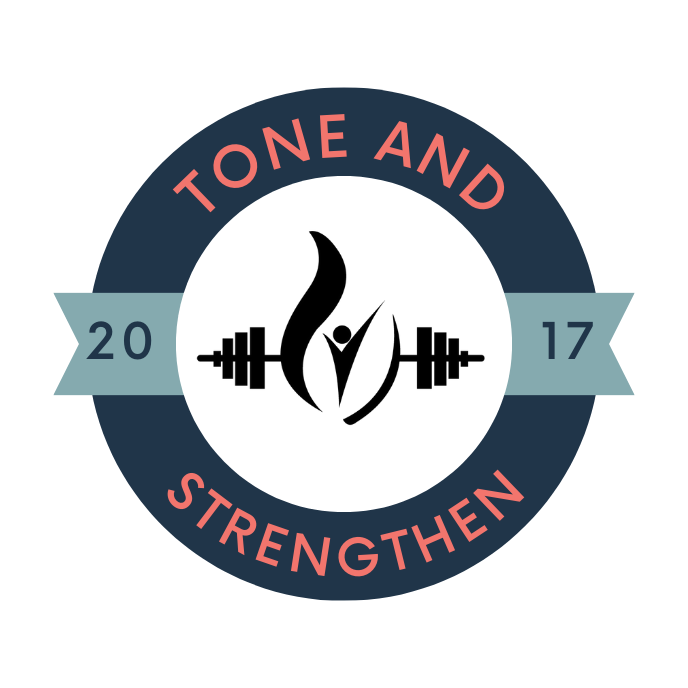
Be sweet to your heart
Heart disease is the number one killer in the world. This organ beats around 100,000 times a day and pumps 2,000 gallons of blood throughout your body each day? It is the pillar of life. So, how are you taking care of your heart?
February is heart health month, and I wanted to share some easy ideas with you to keep your heart going strong. According to research, a healthy diet and lifestyle are your best weapons to fight cardiovascular disease. It’s not as hard to incorporate healthy lifestyle changes in your daily routine, but it’s important to commit.
There are seven simple steps that you can take to keep your heart healthy and going strong.
Eat Healthily
A healthy diet is one of the best tools for fighting heart disease. Try to incorporate healthy foods like fruits and veggies, whole grains, beans and legumes, fish, and healthier sources of monounsaturated and polyunsaturated fats into your daily diet. According to research, healthy fat sources help lower the LDL cholesterol in your blood, and monounsaturated fats reduce LDL cholesterol and level up the HDL cholesterol. Foods high in fiber are good for you because, they keep cholesterol from absorbing into your body. Try to keep your salt and sugar intake under control. Eat whole foods and try to cook healthy meals at home.
Quit Smoking
According to the National Institutes of Health, smoking is the most preventable cause of death in the U.S. It’s linked to about one-third of all deaths from heart disease and 90% of lung cancers. If you love your heart, stop smoking. Quitting this bad habit will cut your rate of heart disease in half. Quitting might not be the easiest step to take, but you can try to get support to follow through with your plan to quit.
Manage Stress
Managing stress plays a vital role in heart health. There can be many triggers for stress in family, work, and finances. The stress hormone cortisol elevates in your bloodstream as you get stress. Increased cortisol levels have been shown to be the common risk factors for heart disease, such as increased blood pressure, blood sugar, and cholesterol levels. Some of the ways to reduce stress are to; talk to friends about your problem, socialize with others, get eight hours of sleep, and exercise regularly.
Exercise
Talking about stress and how to regulate it is a perfect Segway into our next step-exercise. Research shows that regular exercise helps reduce the risk of coronary heart disease. Aerobic exercise will improve circulation, lower blood sugar, and keep your cholesterol in check. The Centers for Disease Control recommends 150 minutes of aerobic activity and two days of strength training each week for adults. There are so many ways to incorporate exercise into your daily routine.
Practice Good Hygiene
You might be surprised why good hygiene is one of the steps if you don’t clean your hands and body and then end up contracting flu or other respiratory diseases. These diseases can be taxing on your heart. Good dental hygiene is vital for heart health too. According to research, poor oral hygiene has been linked to higher risks for cardiovascular disease. So, stay clean and stay healthy to keep a strong heart.
Know Your Family History
It’s essential to know your family history of heart disease. If your family members have had this disease, than you are predisposed to cardiovascular disease. It’s important to talk to your doctor and make a game plan to keep your heart healthy.
Educate the Young Ones
It’s important to teach the young ones about this disease. The healthy habits necessary to avoid heart disease starts early in life. It’s important to teach kids about the disease’s risk factors like; blood sugar, diabetes, blood pressure, and cholesterol. It is important to emphasize play, and a healthy diet.
You can prevent heart disease, the number one killer in America. Lifestyle and dietary choices are responsible for 80 percent of heart disease risk. These behaviors can be changed easily. Anyone can make these changes. The steps mentioned above are not costly or massive. Simple small changes can make a big difference to your heart’s health in the long term. Make a commitment to live a healthy and productive life. It’s time to start working toward a healthy lifestyle.

This Post Has 0 Comments